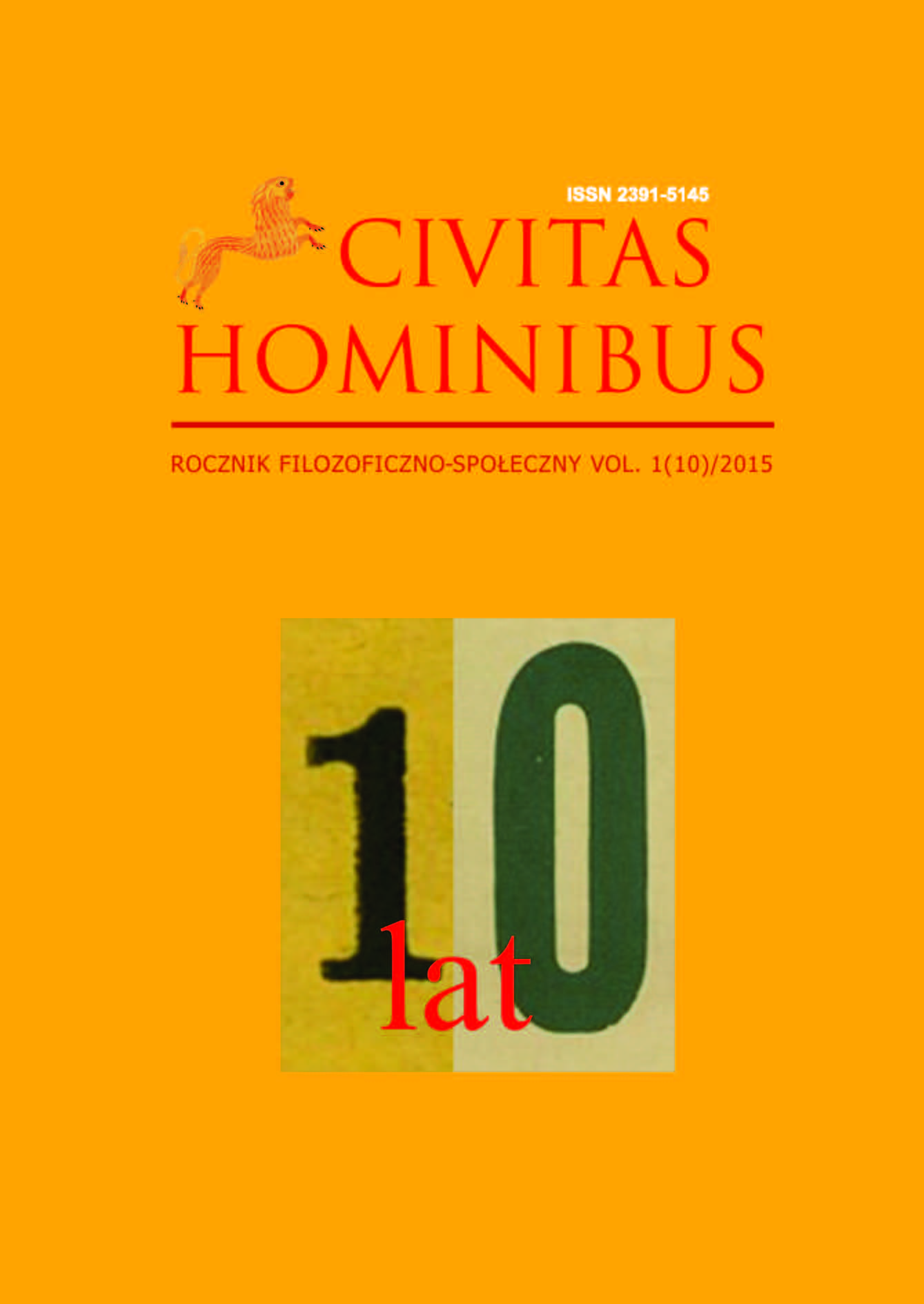Soyinka’s use of satire to forecast the evolution of civilizations: the power drive is the supreme evil
DOI:
https://doi.org/10.25312/Keywords:
Wole Soyinka, power drive, Nobel Prize for Literature, satireAbstract
"Wole Soyinka is a playwright and poet who in a wide cultural perspective and poetic overtones fashions the drama of existence” – this is how the Swedish Academy presents Soyinka, the recipient of the Nobel Prize for Literature in 1986. The academy here reaffirms the literary and social/ethical values of Soyinka’s works which were published before he was awarded the prize, but the comment could have been made with equal truth of his works published after the award, especially his play From Zia With Love (1992) which is a work of a “graffiti” virtuoso. It is Soyinka’s post-Nobel masterpiece, still in the tradition of Soyinka’s activist humanism, altruistic defence of human rights, and the preservation of the dignity of man in a humane world of “live and let live”. This play is deliberately overloaded with apparent dramatic tautology to further emphasize the author’s consistency and irrepressible spirit of commitment. In his primarily satirical theatre Wole Soyinka’s gaze is firmly fixed on contemporary social and political life, and what he sees, before all else, is the ruthless exercise and abuse of power. Power has, in fact, an obsessive fascination for Soyinka, and a double face. In its creative, spiritual form he is its celebrant, even as he recognizes that the force of its creative energy may take into destructive excess. But in its aspect as political or social control, the power drive is the supreme evil, which he sees as being everywhere and at all times deeply corrupting and destructive. What we intend to make clear in this paper is that Soyinka has a well-deserved reputation as the most consistently trenchant satirist among African writers. As a national (and even continental) moralist, he has throughout his career written plays which directly focus on current social and political evils and heap mockery on their perpetrators. Satire is, in fact, one of the ways by which Soyinka, as it were, pounces on the various issues with which he engages. The focus of this paper will be on his pre and post-Nobel plays.
Downloads
References
Soyinka W., Art, Dialogue and Outrage: Essays on Literature and Culture, Ibadan, Nigeria, New Horn Press, distributed in England by Hans Zell, Oxford, 1988.
Soyinka W., Collected Plays 1, Oxford, Oxford University Press, 1973.
Soyinka W., Collected Plays 2, Oxford, Oxford University Press, 1974.
Soyinka W., Myth, Literature and the African World, Cambridge, Cambridge University Press, 1976.
Downloads
Published
Issue
Section
License
Copyright (c) 2015 Akademia Humanistyczno-Ekonomiczna w Łodzi

This work is licensed under a Creative Commons Attribution-ShareAlike 4.0 International License.



